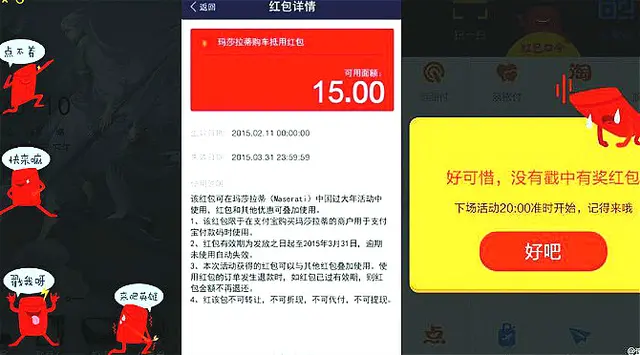Pakistani Prime Minister Shahid Khaqan Abbasi said China’s Belt and Road Initiative would lead to free movement of people and more cultural openness between the participant countries.
Speaking at the "Belt and Road Impact" session of the World Economic Forum in Davos, Switzerland on Wednesday, he said the Belt and Road Initiative (BRI) would link together a series of countries, regions and civilizations to create shared prosperity, according to a Radio Pakistan report.
The BRI is a physical manifestation of the bonds between the countries that existed through history, Abbasi added.
Chinese President Xi Jinping proposed the initiative in 2013, which refers to building a Silk Road Economic Belt and the 21st Century Maritime Silk Road.
It is aimed at building a trade and infrastructure network connecting Asia with Europe and Africa along ancient trade routes, according to Xinhua News Agency.
Pakistani Prime Minister Shahid Khaqan Abbasi (2nd from right) speaks during the "Belt and Road Impact" session of the World Economic Forum in Davos, Switzerland on Wednesday.
Abbasi praised Xi, expressing Pakistan's firm recognition of Chinese President's vision and initiative.
He also shared details of the China Pakistan Economic Corridor (CPEC) – a project worth 56 billion US dollars, considered an extension of the historic Silk Road, which aims to revamp the country’s communications framework, catering to the needs of the region through active trade links.
The CPEC is the most visible part of the Belt and Road Initiative, the prime minister noted, adding that Pakistan could provide much more efficient connectivity to most of the landlocked Central Asian countries through the development of ports and highways.
How the CPEC is helping Pakistan
The CPEC is already showing results, Abbasi told the audience, saying the country's cement industry has grown by 56 percent while exports are up by 15 percent.
The project is boosting investors confidence and helping Pakistan to receive more additional investment, he said.
The financial sustainability and positive environmental effect are vital principles of the CPEC projects, which he said "are indicative of Pakistan being a more responsible global citizen as far as the environment is concerned".
Pakistan has deployed 15,000 security personnel to protect projects under the umbrella of the CPEC.
The CPEC projects include highways, modernization of railways and ports, construction of airports and power plants and setting up of economic zones for export growth, he elaborated.
Expressing concerns over projects becoming white elephants, he said the government is guarding against such projects and is striving hard for optimum utilization of resources.
Pakistan is trying to safeguard the environment by replacing the less efficient power plants, said Abbasi.
Both countries consider each other as all-weather friends. Pakistan was one of the earliest non-communist nations to recognize the People’s Republic of China. The two countries established diplomatic ties in 1951.
They inked a Treaty of Peace, Cooperation and Friendship in April 2005 during then Chinese Premier Wen Jiabao’s visit to Pakistan.
(CGTN)
 简体中文
简体中文

